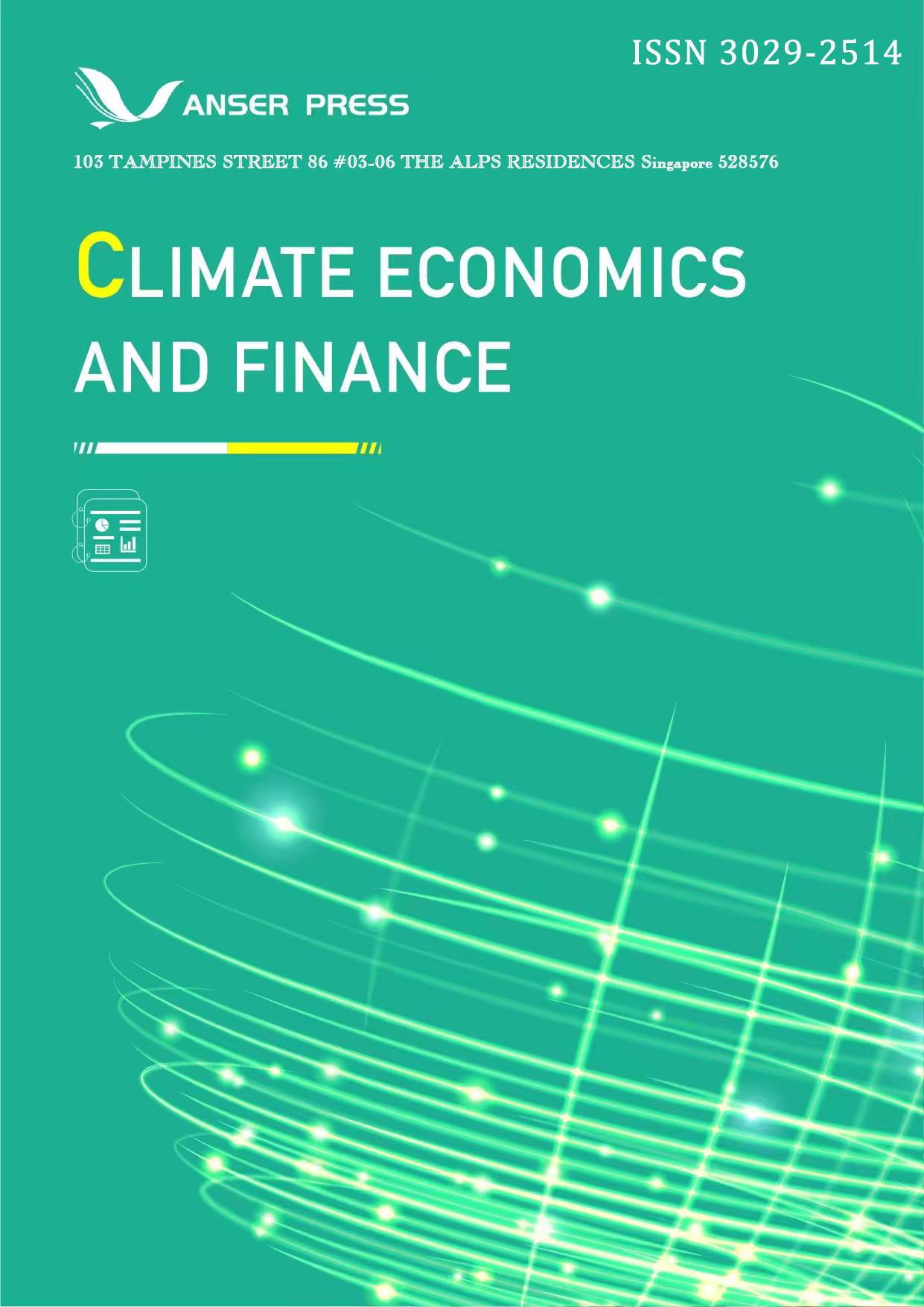Do Dirty Energies Influence Sustainable Energy Indices Price Formation?
Abstract
The clean energy revolution is a global concern. Cross-border collaboration is crucial for sharing knowledge, pooling resources, and tackling complex challenges on a global scale. International partnerships can accelerate innovation by drawing on diverse knowledge and experience from different regions. Access to capital is a key driver of innovation and entrepreneurship in clean energy. Institutional investors and financial institutions increasingly recognize the potential for high returns from the clean energy sector. This research aimed to understand whether "dirty" energies, such as the Brent Crude Spot, WTI, FTSE 350 Oil, Gas & Coal, EURO STOXX Oil & Gas, influence the formation of sustainable energy prices, namely Geothermal Index, Solar Energy Index, NASDAQ OMX Bio Clean Fuels Index, Wind Energy Index, WilderHill Clean Energy Index, during the 2020 Covid-19 pandemic and the Russian invasion of Ukraine in 2022. When comparing the two sub-periods, the results show that the level of autocorrelation in price formation has increased, i.e., the mean rhoDCCA went from 32 to 45, the weak correlation coefficients without trend decreased from 30 to 19, and the anti-persistence has also decreased from 8 to 4. The strong rhoDCCA increased from 2 to 4; during the Tranquil period, the FTSE 350 / EURO STOXX Oil index pairs had a rhoDCCA of 0.76. While in the Stress subperiod, the NASDAQ OMX Bio / Solar Energy pairs had a slope of 0.70, and the FTSE 350 / EURO STOXX Oil indices had a rhoDCCA of 0.91. Evidence shows a notable dissociation between fossil energy prices and sustainable energy sources. This dissociation is characterized by various degrees of influence between fossil energy prices and sustainable energy indices, from low to moderate. This dissociation between fossil energy prices and sustainable energy prices suggests that investments in sustainable energy can offer diversification opportunities.
